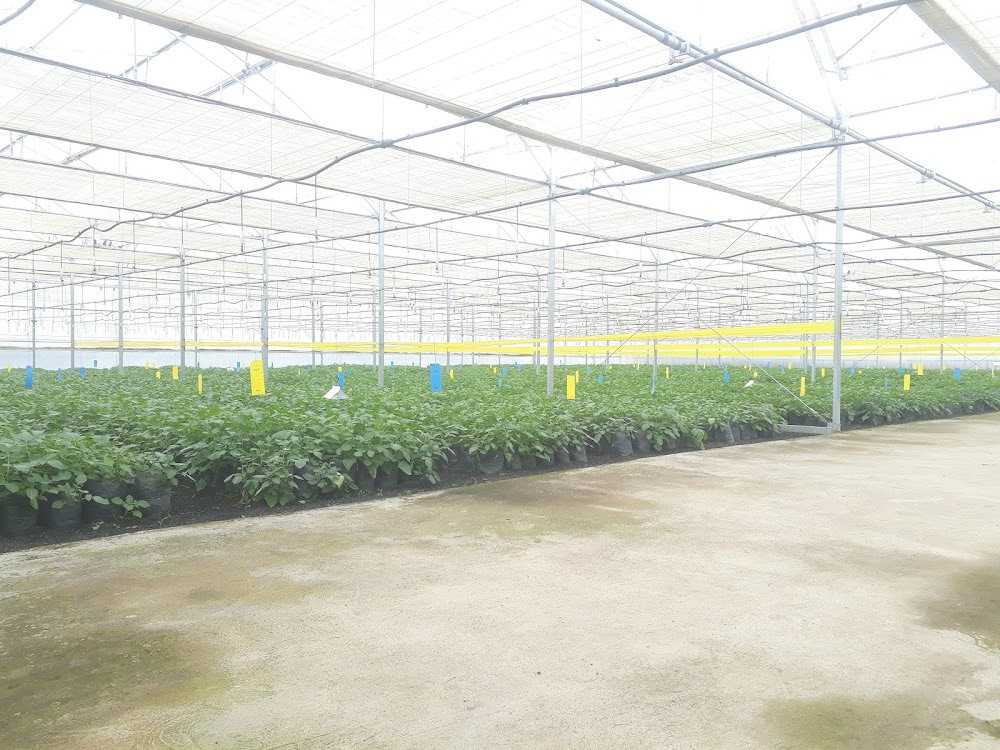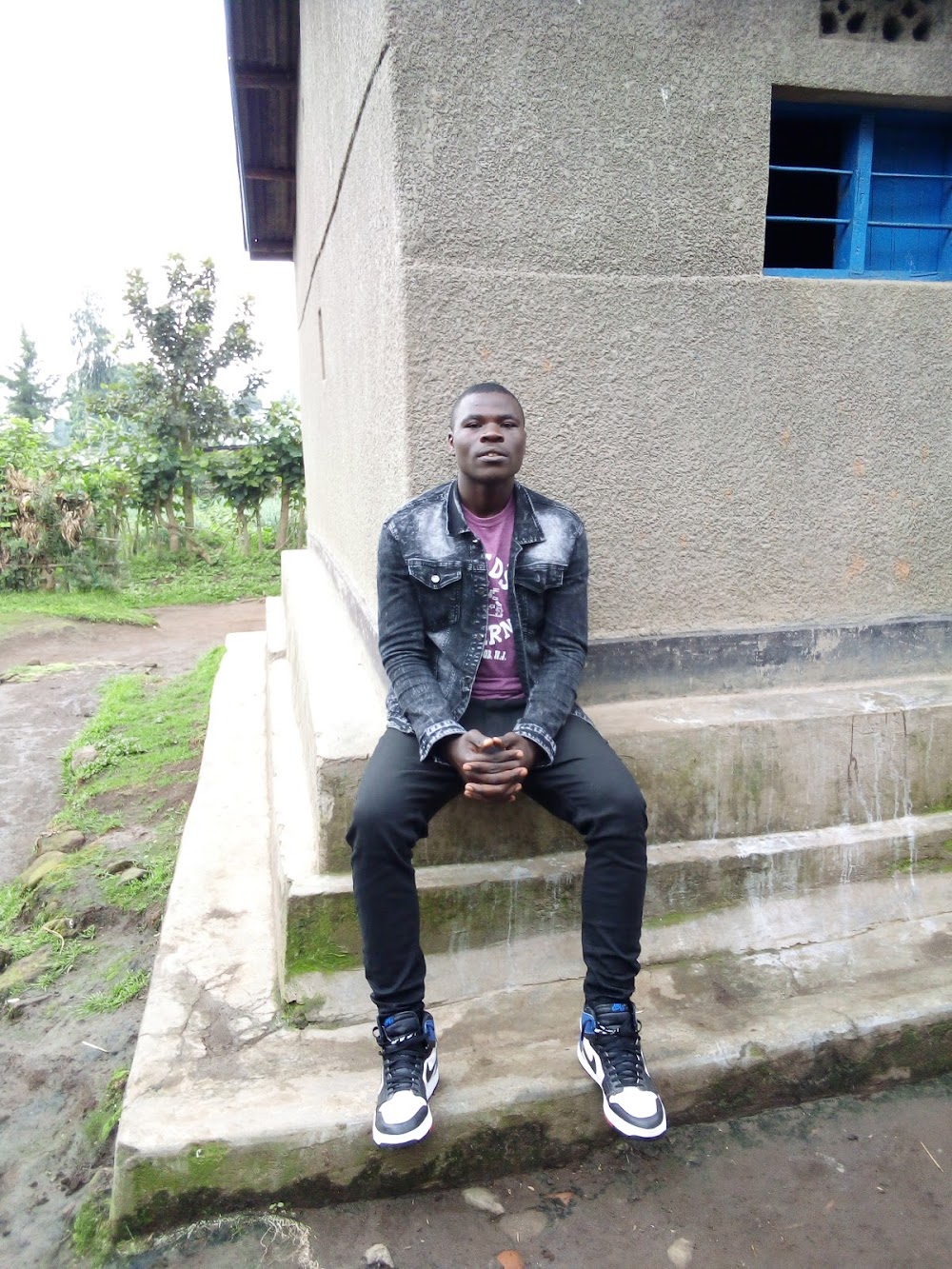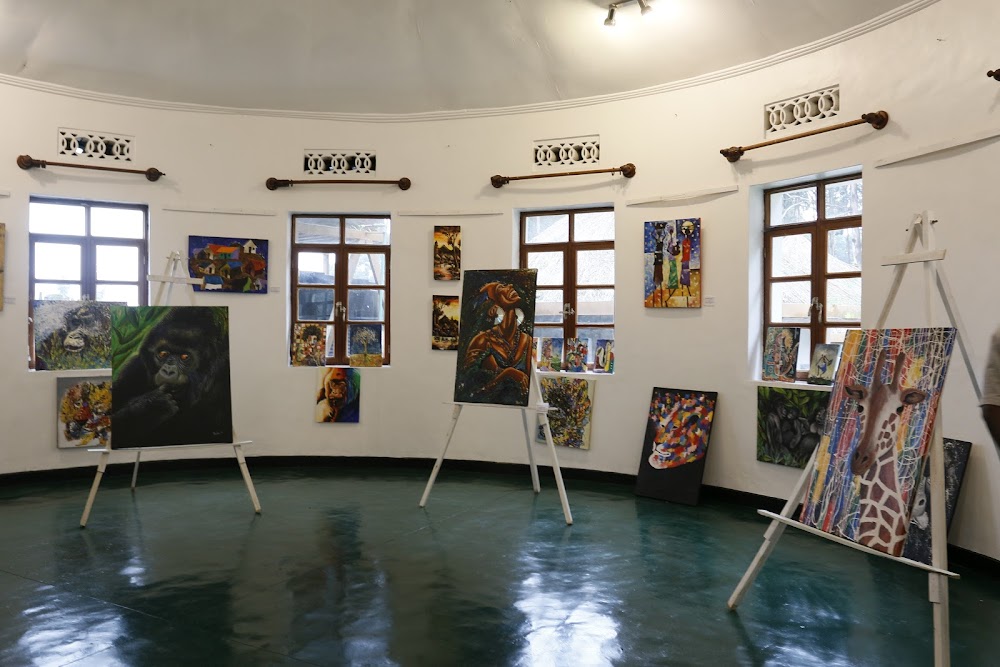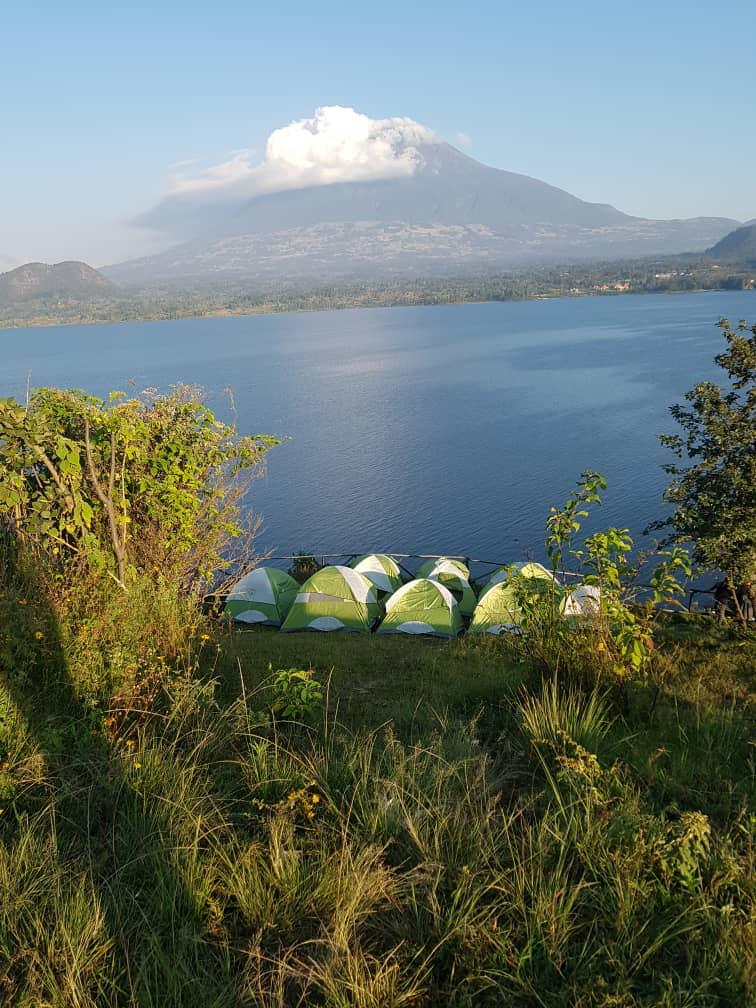Iby'Iwacu Cultural Village (Umudugudu w'Umuco Iby'Iwacu)
Overview
The **Kinigi Cultural Center**, also known as the **Iby'Iwacu Cultural Village**, is a vibrant gem located in the scenic city of Musanze, Rwanda. This cultural hub was established to celebrate and preserve the rich heritage and traditions of the Rwandan people. Its development is deeply rooted in the local community's dedication to showcasing their cultural legacy while promoting sustainable practices.
The inception of the Iby'Iwacu Cultural Village stemmed from the desire to provide both locals and visitors with an authentic glimpse into Rwandan culture. A key aim of this initiative is to empower former poachers from the nearby **Volcanoes National Park** by involving them in projects that promote conservation and cultural education. By leveraging their intimate knowledge of the land and its traditions, the village serves as a platform for community benefit and environmental protection.
The village itself is an architectural marvel, constructed using traditional methods and materials that reflect the authentic style of Rwandan homes. Local artisans and craftsmen play a pivotal role in this endeavor, utilizing ancient techniques passed down through generations. The structures are primarily made from bamboo, thatch, and local wood, meticulously designed to echo the architecture of historic Rwandan homesteads.
As you explore the **Kinigi Cultural Center**, you'll find it designed as a living museum. Visitors can stroll through the village and engage in a variety of traditional activities. Huts are dedicated to different facets of Rwandan life, including a king's palace, a traditional medicine hut, and a blacksmith's shop. Each area is staffed by local residents who passionately demonstrate and explain cultural practices, from crafting tools to preparing traditional medicines.
One of the standout experiences at the village is the energetic **dance and music performances**. Local performers don vibrant traditional attire and showcase the Intore dance, a historic warrior dance integral to Rwandan culture. Accompanied by rhythmic drumming and singing, these performances not only entertain but also help preserve important cultural rituals.
The Kinigi Cultural Center offers interactive opportunities for visitors as well. Guests can try their hand at archery, basket weaving, and even grinding sorghum, a staple grain in Rwanda. These hands-on sessions provide a deeper understanding of the daily lives of Rwandans and their resilience throughout history.
Educational programs are a cornerstone of the Iby'Iwacu experience. The center hosts storytelling sessions where elders recount folk tales and historical narratives that have been passed down orally through generations. These stories not only entertain but also instill values and impart ancestral wisdom.
Sustainability is woven into the very fabric of the Kinigi Cultural Center's mission. Efforts are made to ensure that all aspects of the village respect and protect the environment. The use of renewable resources, effective waste management practices, and the active involvement of the local community in conservation efforts all contribute to this commitment to sustainability.
The Iby'Iwacu Cultural Village has blossomed into a significant tourist attraction in Musanze, drawing visitors from around the globe. The revenue generated from tourism is reinvested into the community, providing jobs, supporting local schools, and funding conservation projects. This model has proven successful in creating a sustainable economy that benefits everyone involved.
Ultimately, the **Kinigi Cultural Center** stands as a testament to what can be achieved when a community unites with a shared vision of preserving and celebrating its heritage. It is a living, breathing testament to Rwandan culture, offering visitors a profound understanding and appreciation of its richness while providing the local community with pride and economic benefits that come from such a vibrant cultural institution.






